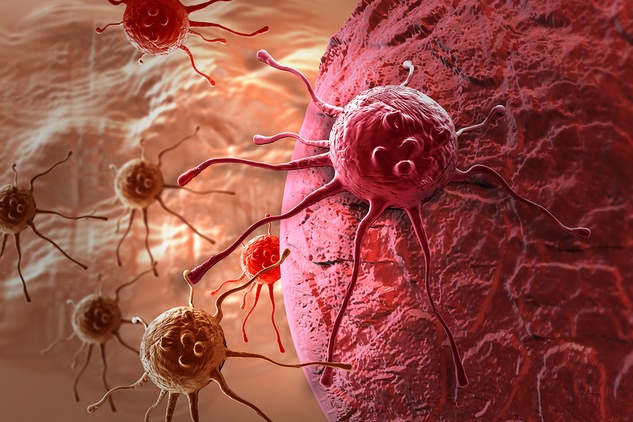- Make It Yourself Lavender Heart-Shaped Bath Bombs!
- 20 Things You Never Knew About “Down There”
- 12 Best Foods For Those Suffering From Arthritis Pain
- 12 Personal Hygiene Mistakes Almost Everyone Makes (Mom Never Told You About #4!)
- 15 Medicinal Plants And Herbs From The Cherokee People
- 12 Mind-Blowing Benefits Of Drinking Coconut Water During Pregnancy
- 12 Outstanding Winter Foods That Won’t Fatten You Up Like A Christmas Turkey
Something You Use Every Day Can Alert You To Disease (You Won’t Believe What It Is!)

Photo credit: bigstock
What would you say if we told you that your toothbrush could give you advance of the onset of certain diseases such as cancer or Alzheimer’s?
This might sound like something out of a Star Trek movie, but it’s here, today! Well, almost here. One company, Oxford Nanopore Technologies, is about to release a toothbrush embedded with tiny microchips called nanopore sequencers, which analyze DNA strands as they pass through a hole thinner than a human hair. The DNA is then decoded in a digital reading and compared to genetic markers known to indicate disease. The results are sent to a cloud platform so that you can read the results almost instantly, instead of waiting weeks or months.
This company already makes a handheld nanopore sequencer that easily fits into a pocket or purse, and they will soon release their toothbrush version. They believe that this device will soon be a “guardian” of health, especially for those who know that they have certain genetic predispositions.
What exactly is a genetic predisposition?
Glad you asked! This means that you might have an increased risk of developing a certain disease based on your genetic makeup, which is generally something you inherit from your parents. In very much the same way you inherited your blue eyes, for example, or your height, you can receive certain genetic markers that put you at a much greater risk of developing certain diseases. These dispositions do not necessarily cause disease; they simply indicate that you are at a greater risk. Scientists still do not completely understand why two siblings can both have the same predisposition to a certain disease, and one will go on to develop it but the other will not.
Continue to Page 2
































